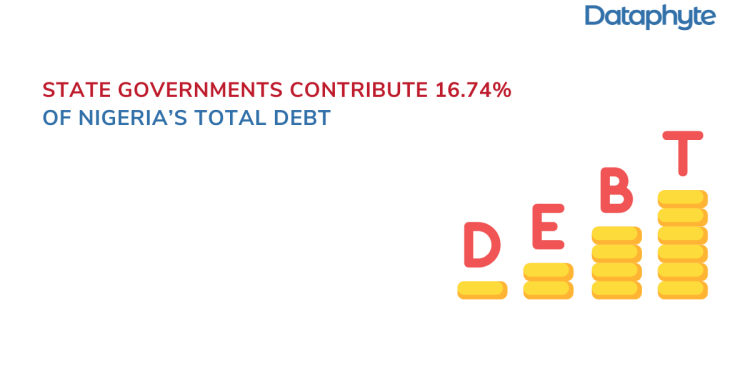
State Governments Contribute 16.74% of Nigeria’s Total Debt
Nigeria’s total public debt rose to N44.06 trillion at the end of September from N42.85 trillion in June 2022.

Nigeria’s total public debt rose to N44.06 trillion at the end of September from N42.85 trillion in June 2022.
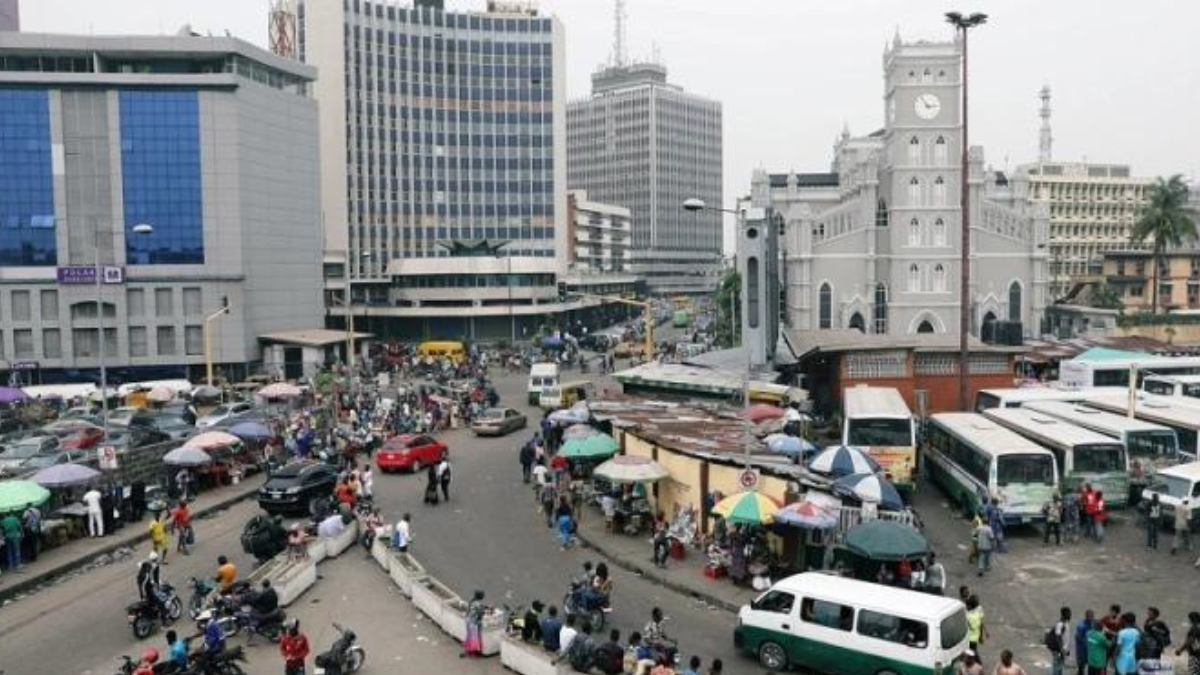
According to the recently released data by the National Bureau of Statistics, the transportation and storage sector was the fastest-growing sector in the economy in Q3 2022.
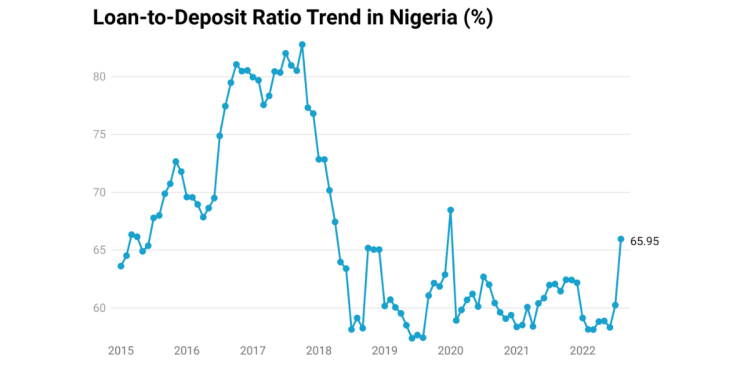
The loan-to-deposit ratio (LDR) of Nigeria’s commercial banks averaged 63.51 per cent between January to August 2022. Simply put, deposit banks in Africa’s biggest economy gave out 63.51 per cent in loans of all the deposits they received this year.

The World Cup is over for most people, except the four million Argentines who flooded the streets to give a Hero’s welcome to the Ultimate victors and their captain Lionel Messi.
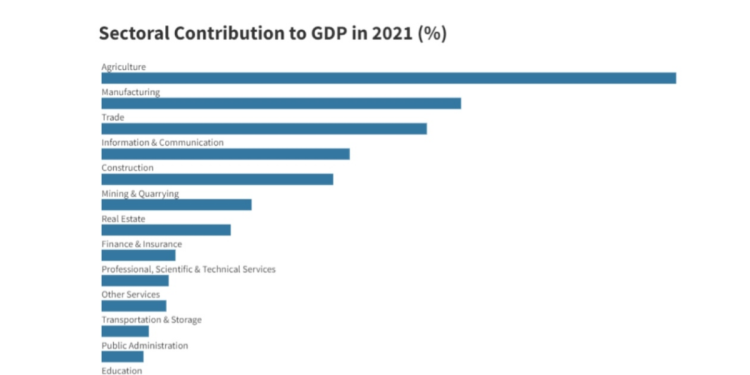
Sectoral allocation review of total credit to the private sector shows that the oil and gas sector has received the highest allocation over the last seven years. However, the sector’s contribution to the GDP did not match the volume of credit received. The sector contributed just 5.5 per cent to the overall GDP output and 7.24 per cent to the GDP growth.
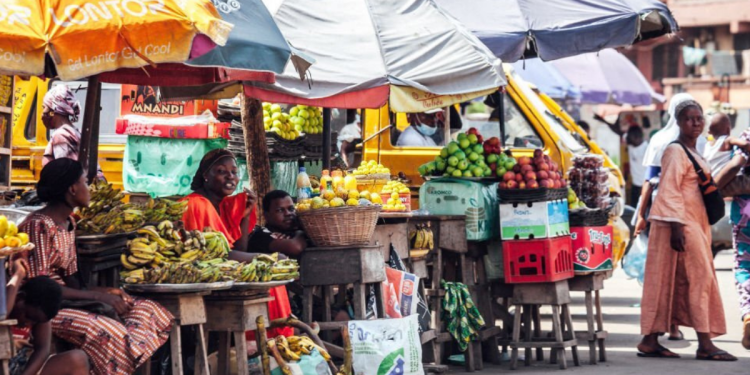
According to a survey by the Food and Agriculture Organisation (FAO), six out of 10 Nigerians are experiencing food insecurity. Plagued by rising food inflation and insecurity in several agrarian communities across the country, food has become an expensive elusive resource for most Nigerians.
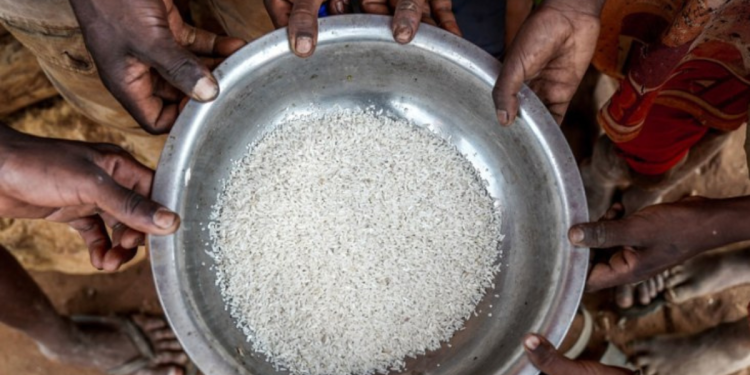
As the curtains begin their descent on 2022, food, a basic need for human existence, is increasingly out of reach for more Nigerians. The prices of staples like yam, maize, rice, and fish have continued to rise.
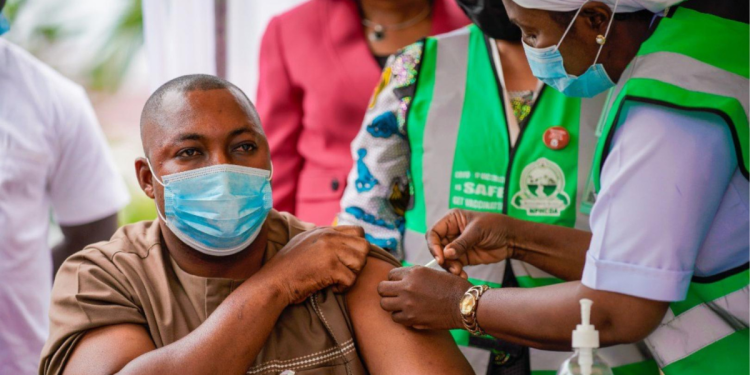
The dream of fully vaccinating up to 70 percent of Africa’s biggest population against the deadly coronavirus might remain just – a dream as new data shows the unavailability of COVID-19 vaccine may have stalled Nigeria’s goal of achieving herd immunity.
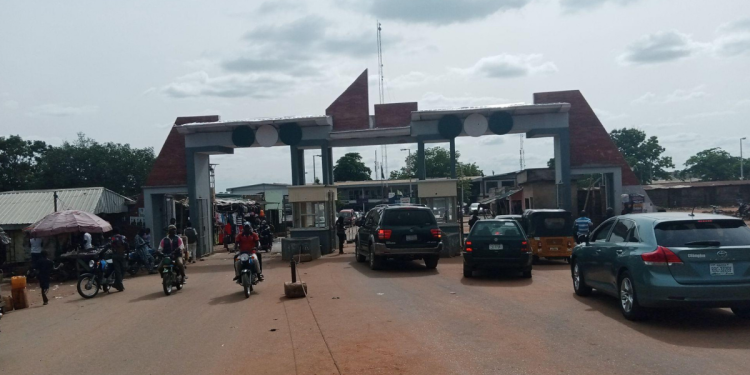
Driving through the premises of the Modern Market in Makurdi, Benue state, Nigeria, Terfa Aondofa had to manoeuvre his vehicle around cracks and potholes on the road that was repaired not so long ago. Yet, Mr Aondofa is half relieved because the condition of the road was worse than this some months ago.

The workshop, themed; “Oil Dependency in Nigeria: Imagining a Future Beyond Oil”, held on Thursday, had over 50 participants including journalists from the extractive sector, CSOs, and social media influencers in attendance.
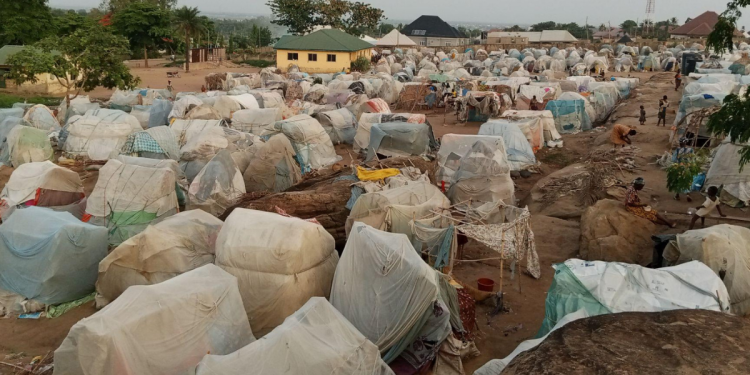
Ichwa/Tas yande IDP camp, situated at the Federal Housing First Gate, along the University of Agriculture road, provides refuge for persons whose villages were invaded by Fulani herders. These people live in deplorable conditions and are abandoned by the Benue state government.
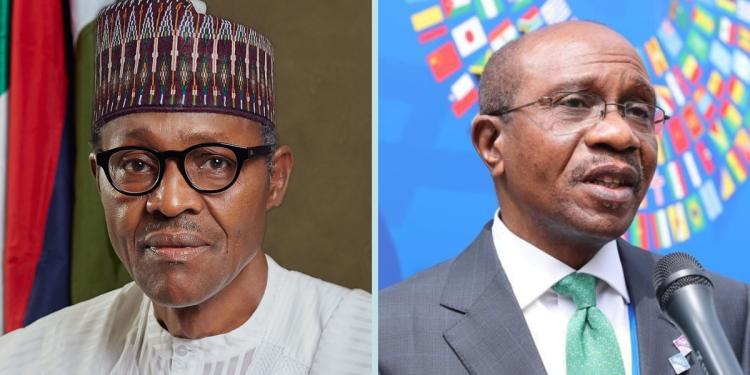
There has been increased agitations for the Governor of the Central Bank of Nigeria (CNB), Mr Godwin Emefiele, to resign his position or for the President to fire him.
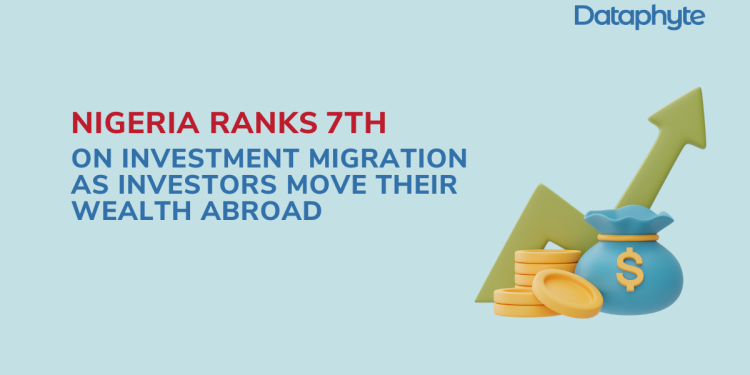
Nigerians continue to seek ways of preserving their wealth as they invest in other economically stable economies. The country ranked 7th, with a 15% growth rate in Nigerians investing abroad in 2021.
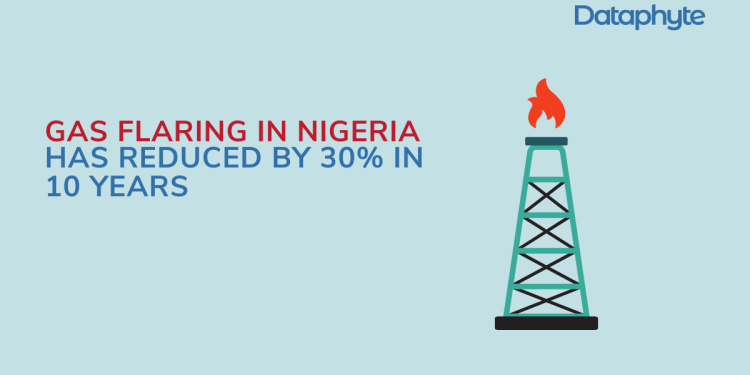
Nigeria’s effort to reduce gas flaring is on track as the volume of gas flared dropped by 30.07% between 2012 and 2021, from 9.62 billion cubic metres (bcm) of gas flared in 2012 to 6.63 bcm in 2021.
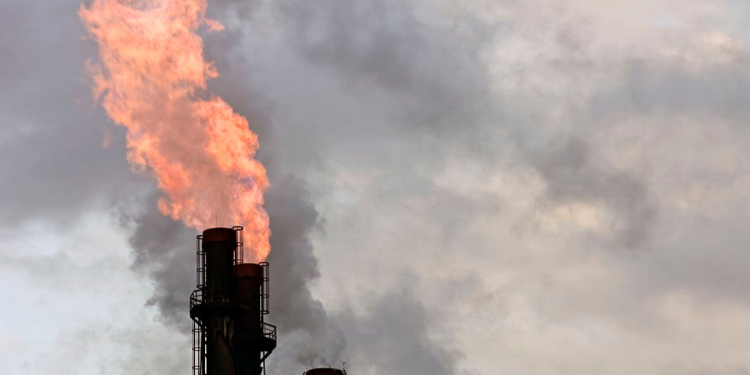
Approximately 6.63 billion cubic metres (bcm) of gas was flared across the various oil fields in Nigeria in 2021.